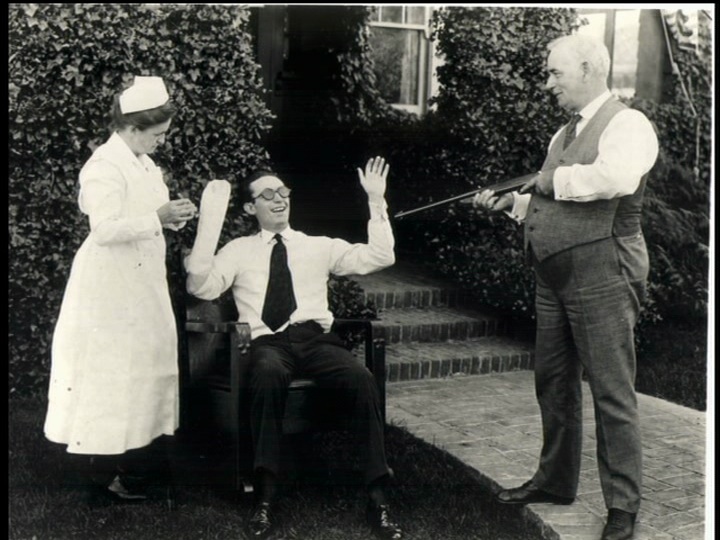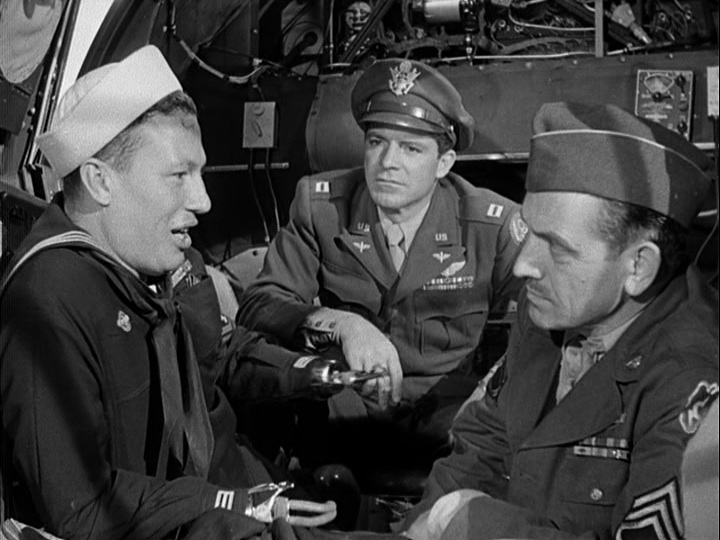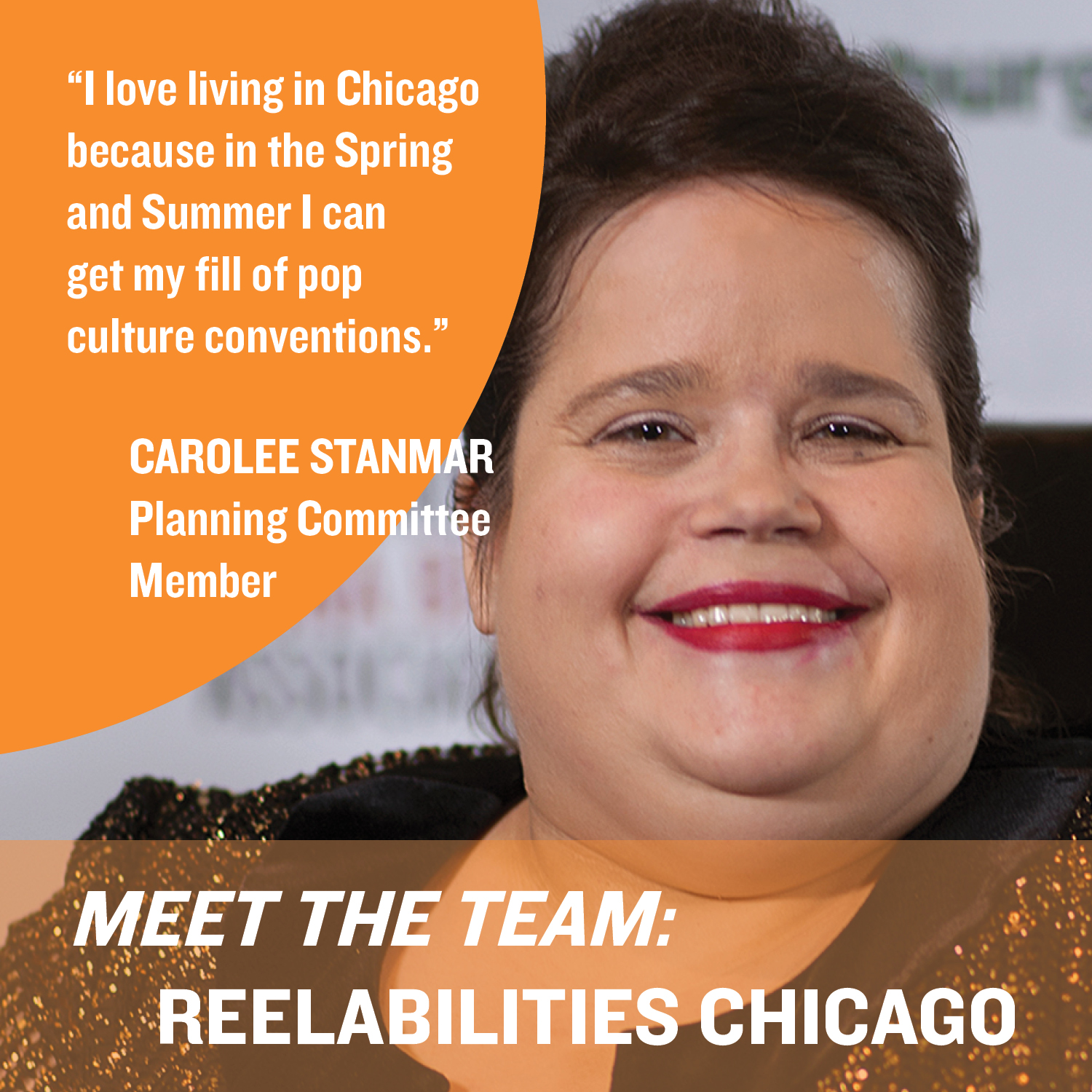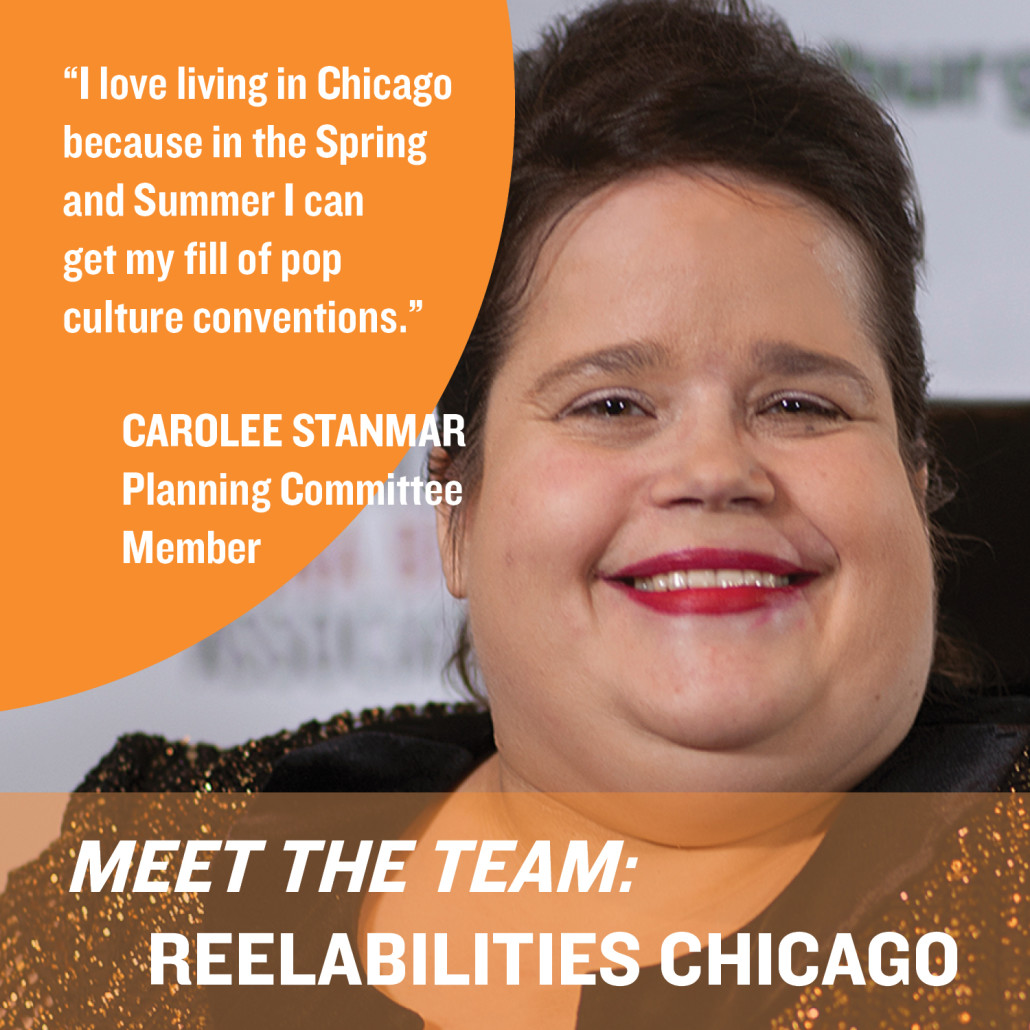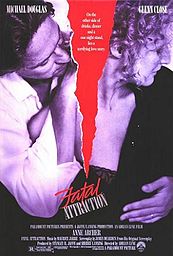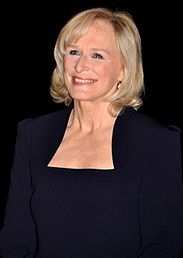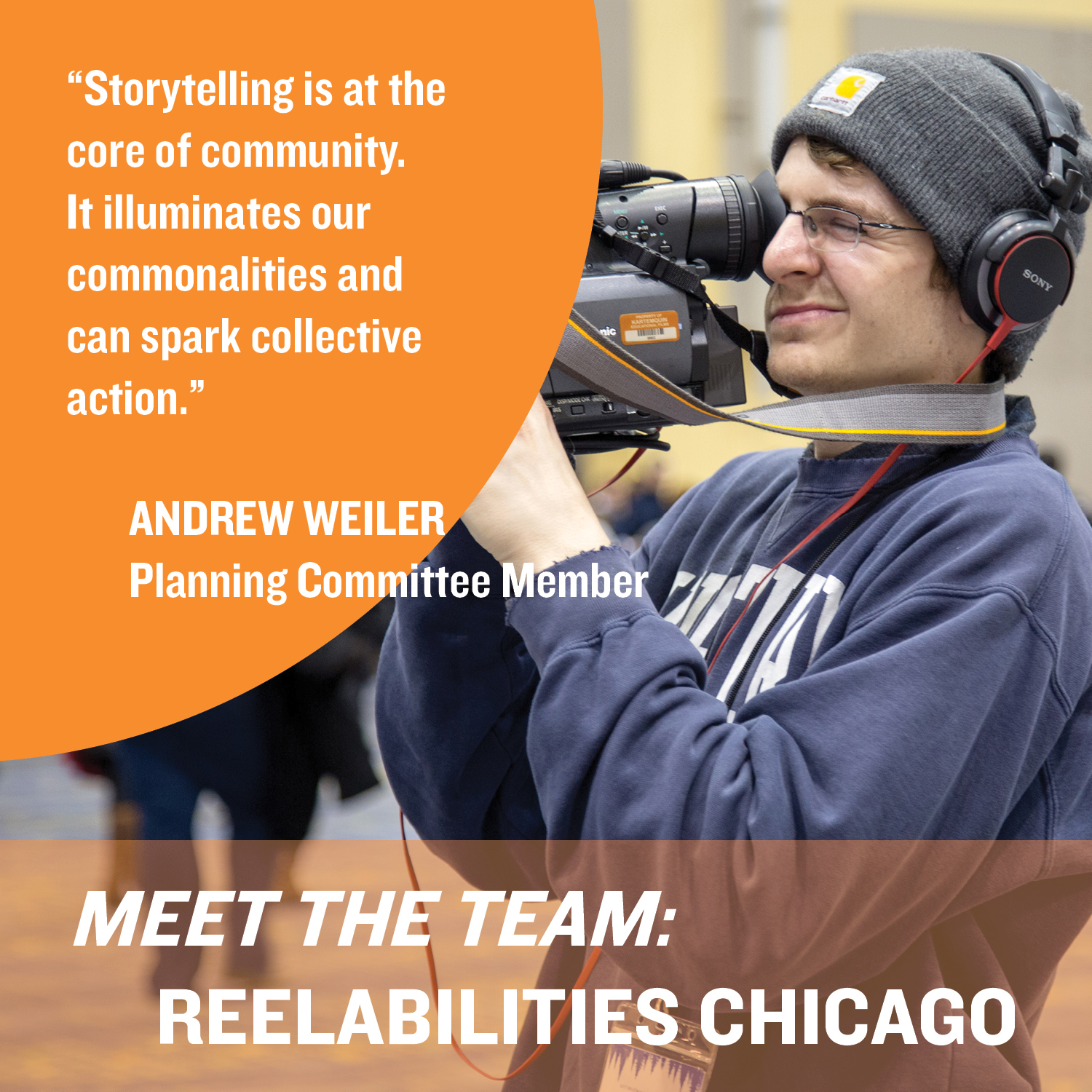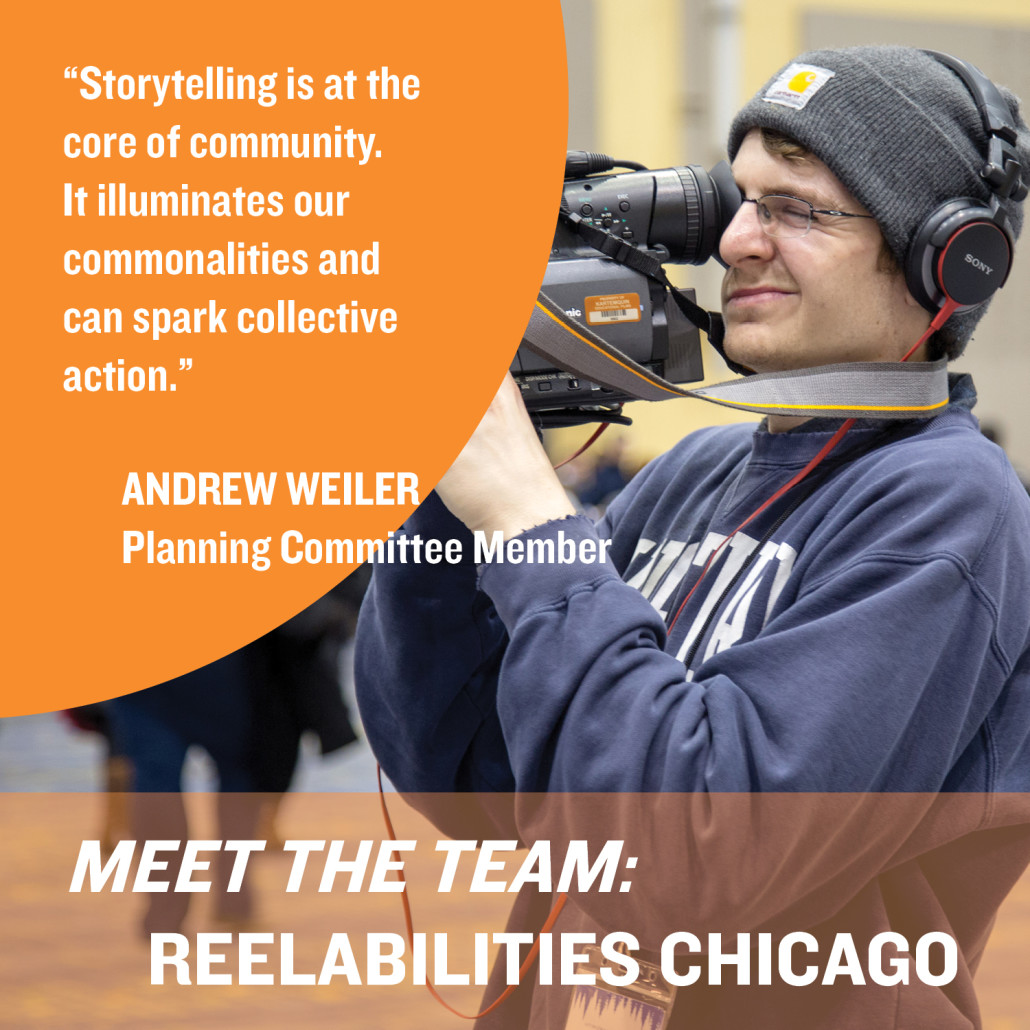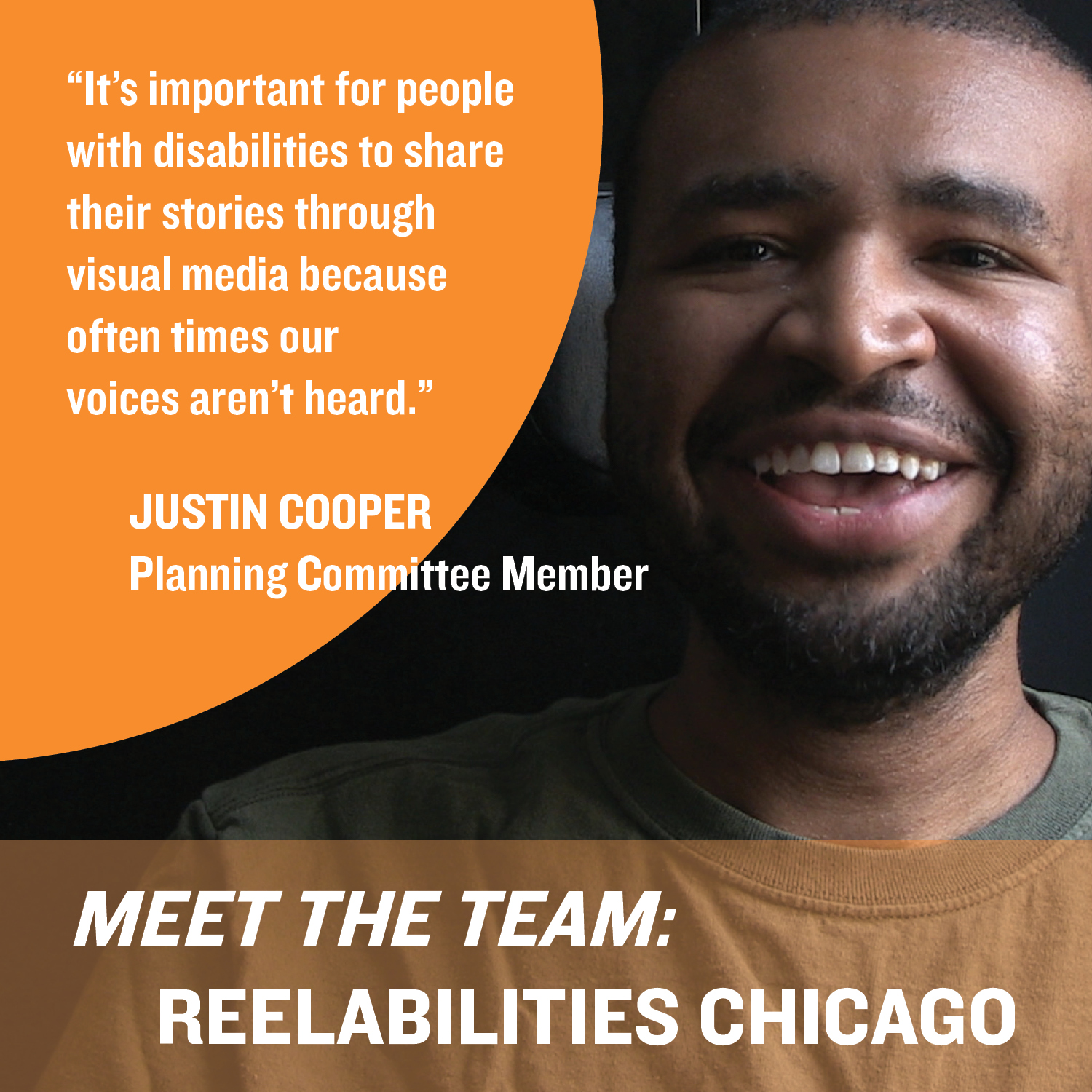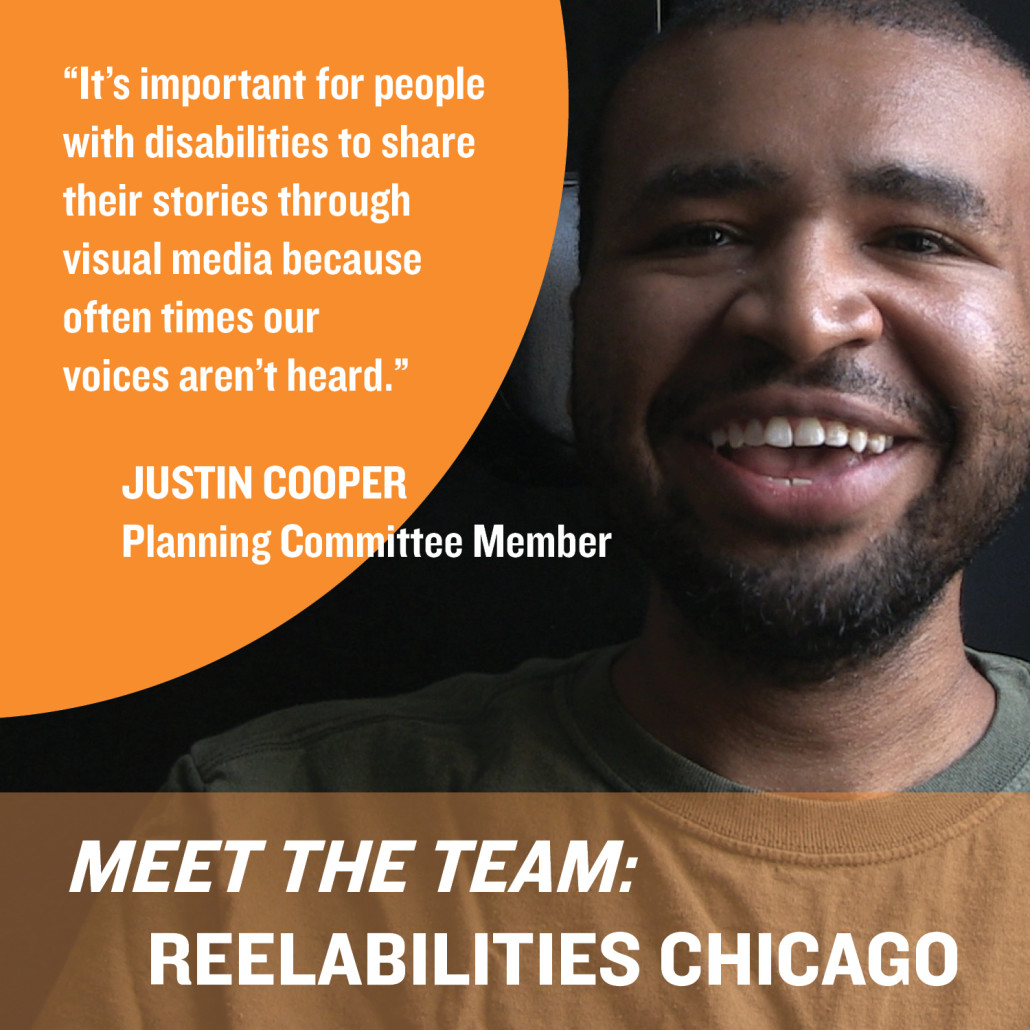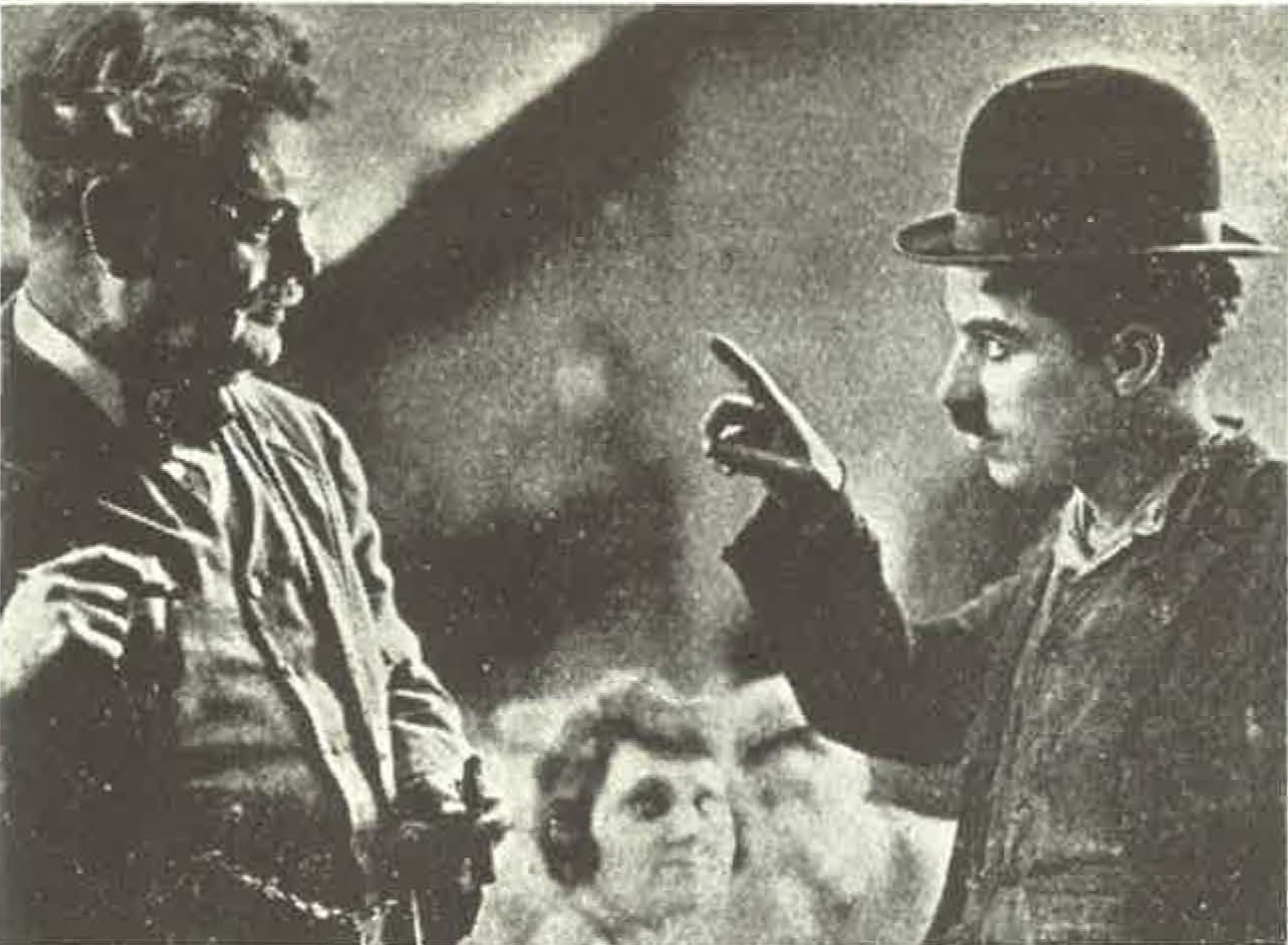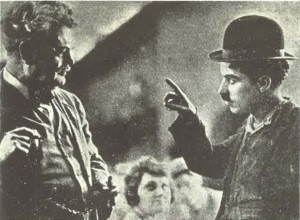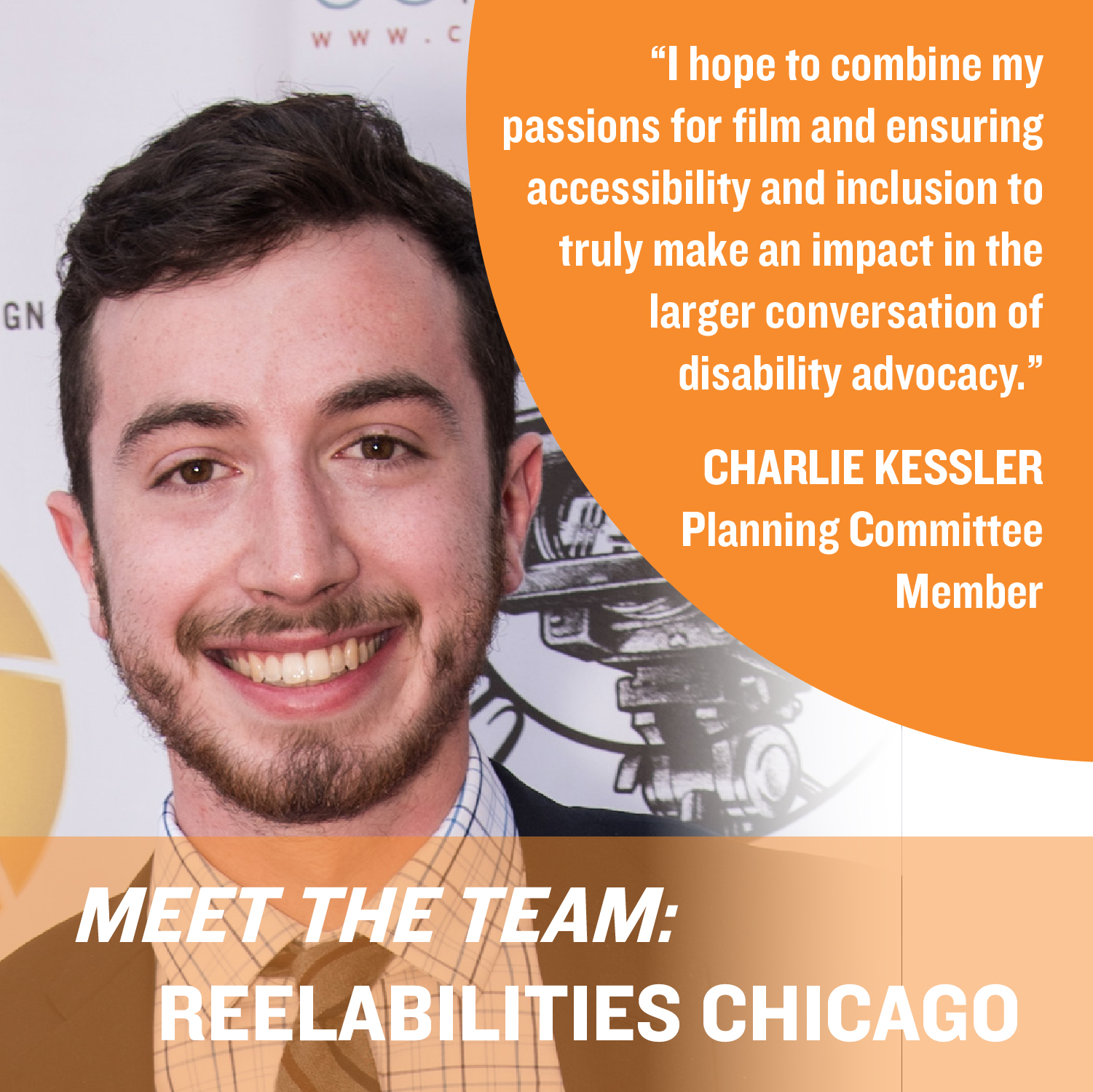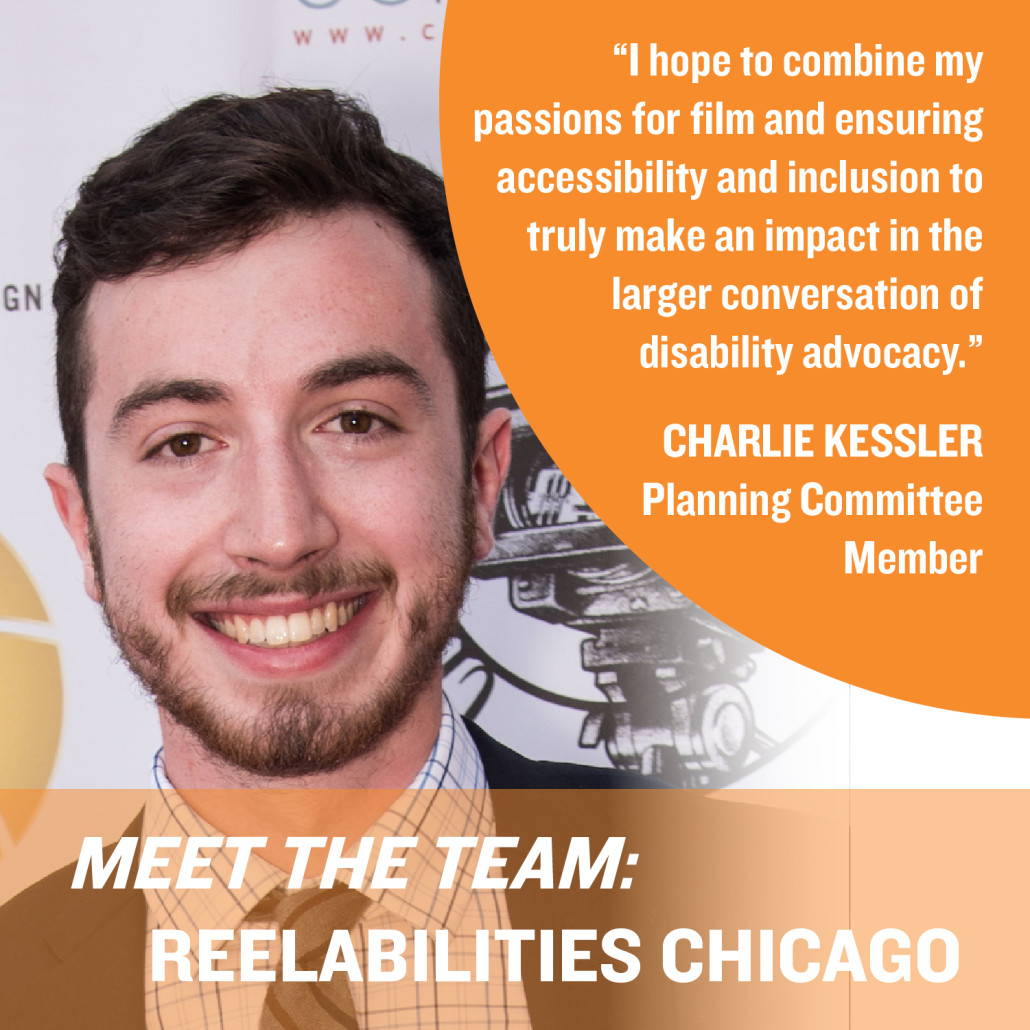
Fact:
While Charlie Chaplin and Buster Keaton may receive more name recognition as silent film comedians, another person that is closely associated with them is Harold Lloyd. Lloyd’s film career lasted over 30 years, from 1913 to 1947 (“Filmography”). He is best known for comedies that put his character in precarious positions, (such as Safety Last! (1923)) performing stunts that captivated audiences. Perhaps the most interesting part of his story is his experience of impairment and the solution that allowed him to continue his career. On August 24, 1919, while posing for publicity photos, he used what he thought to be a «prop bomb» in his right hand to light a cigarette, lowering it away from his face. This prop bomb was an actual bomb, and exploded, causing him to temporarily lose his vision. The blast also caused the loss of his forefinger, thumb, and part of his palm on his right hand. He eventually decided to continue his career, regaining his sight and using a prosthetic glove on his right hand to conceal any impairment (Leonard; “Part 2”). Lloyd used a number of different gloves over the years. The gloves were made to look like skin and match the color of the make-up that was worn at the time. Since the films were in black-and-white, the audience members who watched his films could not really see any difference (Memories).
Some thoughts:
Even as I post this fun fact concerning Harold Lloyd, I do not want this to be strictly seen as a type of “overcomer” story, focused on his own perseverance through an experience of disability. I have seen enough of those stories. Paul Longmore writes how “disability is primarily a problem of the emotional coping, of personal acceptance” when examining disability in film and television (139). These ideas surrounding disability still permeate society, perpetuated by media stories. With Lloyd, this type of framing is used by those who knew him when talking about how the issue was handled. Even with Lloyd’s characters,’ while there was no use of disability, there was a “pull yourself up by your bootstraps” mentality, with a focus on overcoming the odds.
When I think about Lloyd’s situation, I am more drawn to his effort to “pass” as a nondisabled individual with his prosthetic glove. I know it has been 70 years since his last film and that ideas about disability, inclusion, and many other issues have changed. Still, I think about the stigma attached to disability and the desire to disassociate from it at that time. At the same time, Lloyd was a privileged individual in the sense that he already had an established career. He was able to keep that rolling for almost 30 years. I have no idea how he actually felt about his impairment. It seems that it was rarely talked about, as he “’didn’t want people to feel embarrassed about it’” (“Part 2”) I don’t regard him as a hero or feel sorry for him. I find his films to be funny and his stunts to be brilliant, but I don’t admire him. I do feel it is important to think about his situation and similar ones that are more current, as disability continues to play an increasingly vital part in how society develops.
– Jonathan Bartholomy, RAFF Chicago Planning Committee Member
RAFF Chicago runs from October 4-8, 2017. Follow us on Twitter and Facebook!!!
If you would like to get involved with RAFF Chicago please contact us at (773) 203-5039 or email Matt Lauterbach at [email protected]
Works Cited
“Filmography.” haroldlloyd, www.haroldlloyd.com/bio/filmography. Accessed 15 May 2017.
Leonard Maltin’s Segments: Ring Up the Curtain!: 1893 – 1919: I’m On My Way 1917 – 1919.
Perf. Leonard Maltin. DVD. The Harold Lloyd Comedy Collection Bonus Disc. New
Line Home Entertainment, 2005.
Longmore, Paul K. Why I Burned My Book and Other Essays on Disability. Philadelphia:
Temple University Press, 2003.
Memories, Secrets and Gags: Ring Up the Curtain!: 1893 – 1919: Harold’s Glove. Perf. Richard
Correll and David Nowell. DVD. The Harold Lloyd Comedy Collection Bonus Disc.
New Line Home Entertainment, 2005.
«Part 2 Susanne Llyod ‘the horrible accident’ interview with host Frankie Verroca.» Youtube,
uploaded by frankietalk, 1 October 2011, www.youtube.com/watch?v=TtHfWdlyFKg


